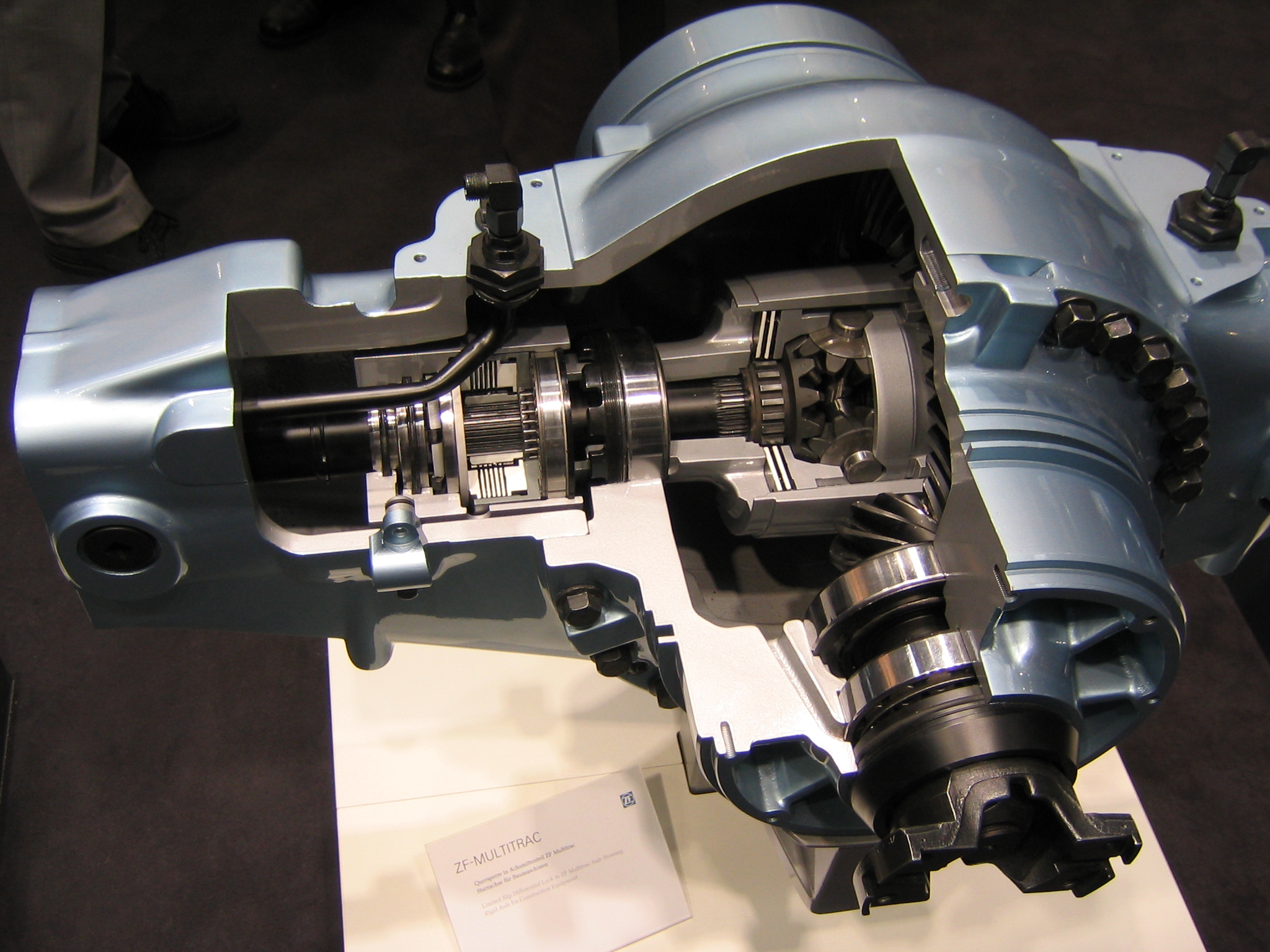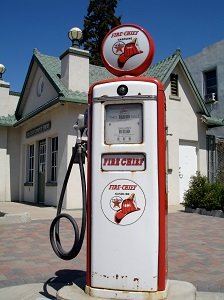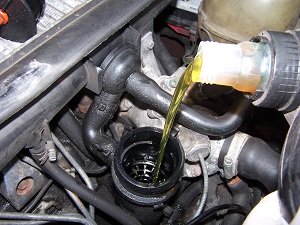Make Sure Your Car's Ready For Winter!
You know that winter and bad weather are coming. Is your car ready? Here’s a quick checklist of things to get up to speed on:
Motor oil: Motor oil has a tendency to thicken in cold weather, making it harder to circulate to upper engine parts at startup. If you haven’t ever used synthetic oil  before, this might be a good time to start. The flow properties of synthetic oil are a lot more consistent, meaning it doesn’t thicken in sub-freezing temperatures or thin out when it’s hot outside.
before, this might be a good time to start. The flow properties of synthetic oil are a lot more consistent, meaning it doesn’t thicken in sub-freezing temperatures or thin out when it’s hot outside.
Wipers: Even the best windshield wipers only last about a year. If your wipers are showing cracks or chips or losing strips of rubber, go ahead and replace them. Don’t forget to refill your washer fluid reservoir…you’ ...[more]
Questions You Shouldn’t Be Afraid to Ask Your Auto Repair Tech
Often, drivers are mystified by how their cars actually work. It’s to be expected. Even an older car is a complex machine with many sub-assemblies that all work together to move it down the road.
As a result, drivers tend to be a little intimidated by auto repair and often tend to not inform themselves by asking the necessary questions of a tech or a garage. Too often, that ends up being a big mistake. Here are some examples of the kinds of things you really should know before any auto repair work starts:
- Does your shop work on any kind of vehicle? Of course, most shops can service a product from GM, Ford, Chrysler, Nissan, Toyota and the other leading makes. Some makes, however, require a lot more training and experience, o ...[more]
Differential Service: Too Often Neglected by Drivers

Winter Safety Tips – Don’t End Up In the Ditch!

Squeeze a Few More Miles Out of That Gallon of Gas

The Holidays Are Coming – Is Your Vehicle Ready?

Winter is Coming

How To Update Your Auto Repair Routine

Mark Auto Repair off Your Back-To-School To-Do List

Benefits You Didn’t Know About Oil Changes
Automotive technology has come a long way since the mid-20th century, and so has motor oil. A 1940s-era car didn’t feature an oil pump or oil filter. Instead, they relied on dippers on the crankshaft’s counterweights, which would then sling oil to coat crucial moving parts. Motor oils in those days weren’t designed with detergents and other additives to help keep the engine clean; even with frequent oil change intervals, many cars would be in need of an engine overhaul by the time they reached 80,000 miles.

Today’s motor oil formulations incorporate additives to suspend contaminants in the oil so they can easily be trapped by the oil filter. Here are a few other facts about motor oil you may not have known:
...[more]
| 12 | Next >> |
